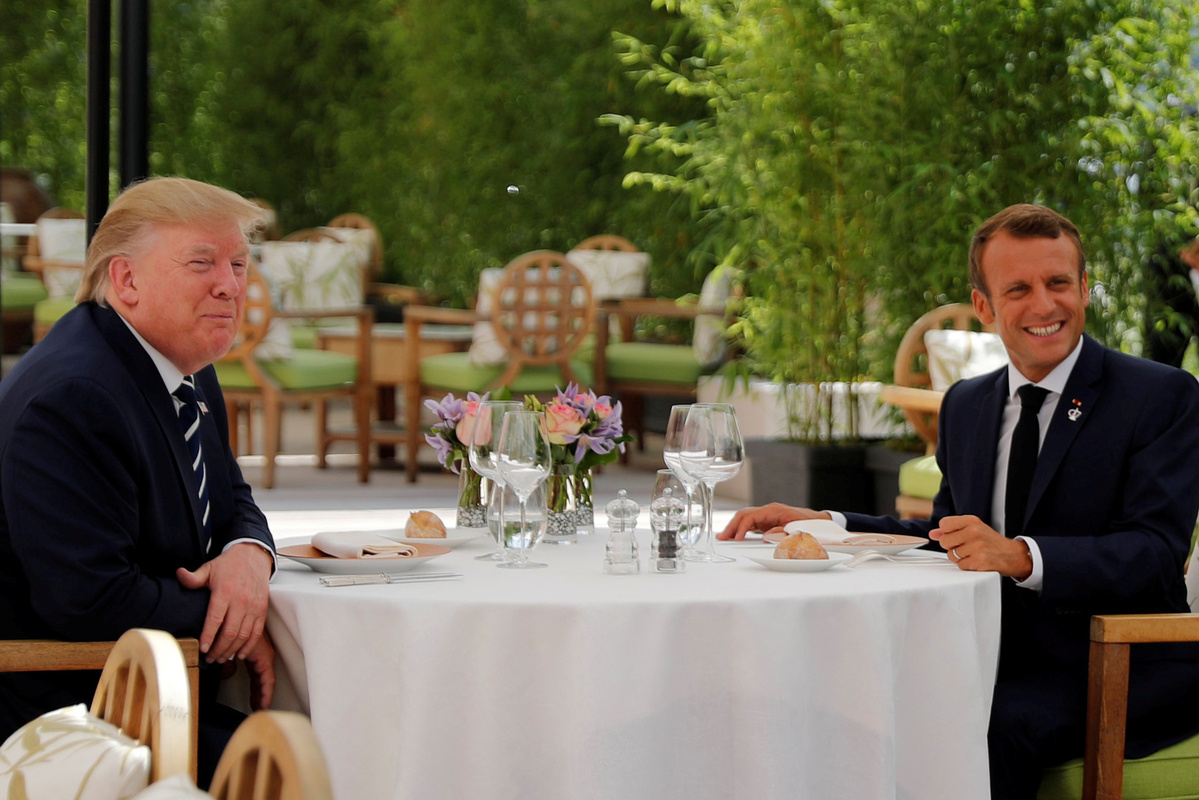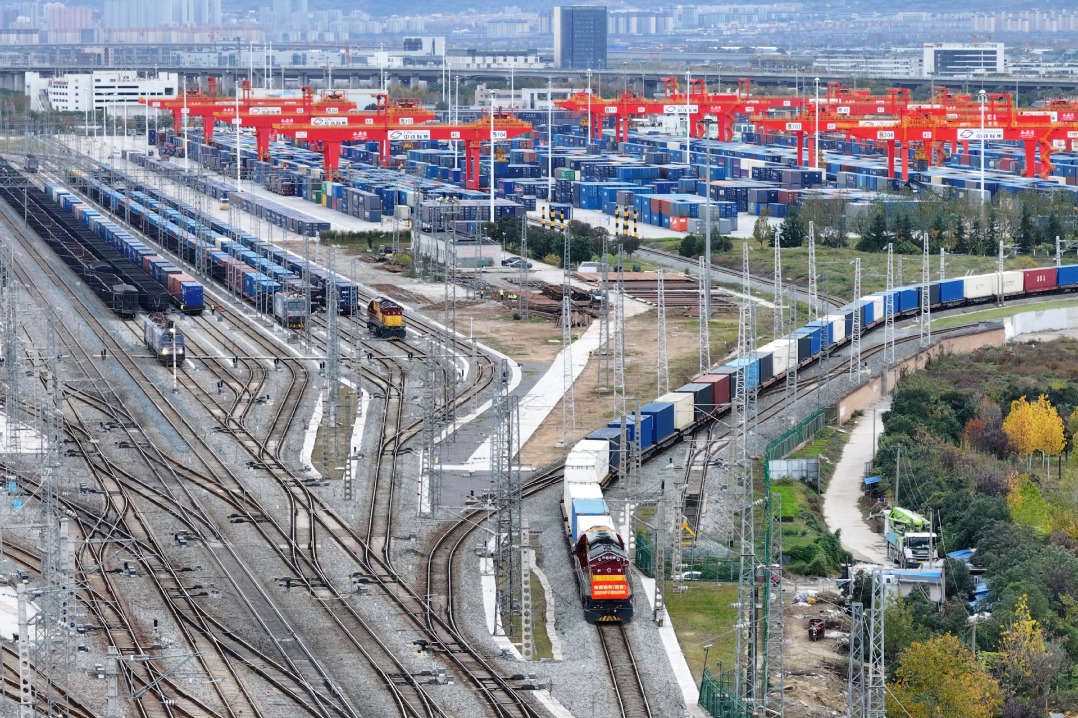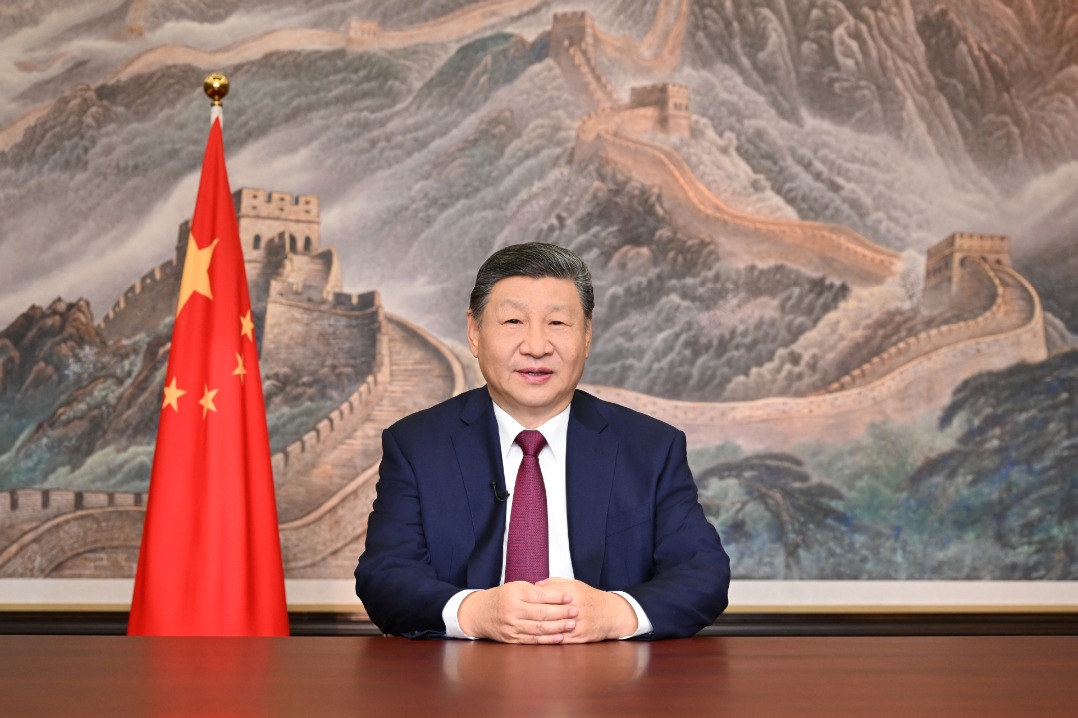Divided G7 starts tough summit with trade tensions high on agenda


At noon, Marcon and Trump had an unscheduled work lunch. Hours later, European leaders Merkel, Macron, Tusk, Johnson and Conte held a pre-summit coordinating meeting.
On Sunday, leaders of the G7, partner countries and international organizations invited by France will start their work sessions. Presentation of a report on equality, work sessions on climate and bilateral meetings are programmed.
On Sunday evening, the heads of the delegations will pose for their traditional family photo. They will give a concluding press conference on Monday afternoon.
Last year's Quebec summit in Canada ended without a communique, the first time in G7's history since 1975. Trump put the group's solidarity at question by leaving early.
In 2017 the summit in Italy ended with stalemate over Paris climate accord. Weeks later, Trump pulled the US out of the agreement.
Foreseeing the rowing pals would not reach any substantial consensus, the French presidency had stressed on the "very informal" character of the gathering.
"We will talk about strategic issues of security, trade and world economy in a very informal way. We will see whether there is question of issuing communique," Macron told media earlier this week.
About 30 km away from Biarritz, alter-globalisation activists are organizing their counter-summit on the French-Spanish border. On Friday night, protesters clashed with the security forces, resulting in 17 arrests and several police lightly wounded.
To neutralize all violent protests is one of the top priorities of the heavily armed security forces, including 13,200 paramilitary, according to the French authorities.
























